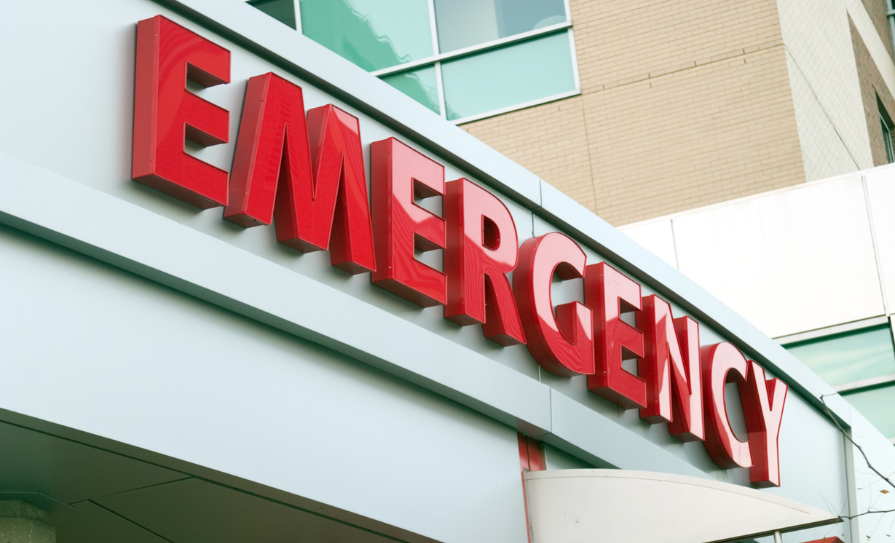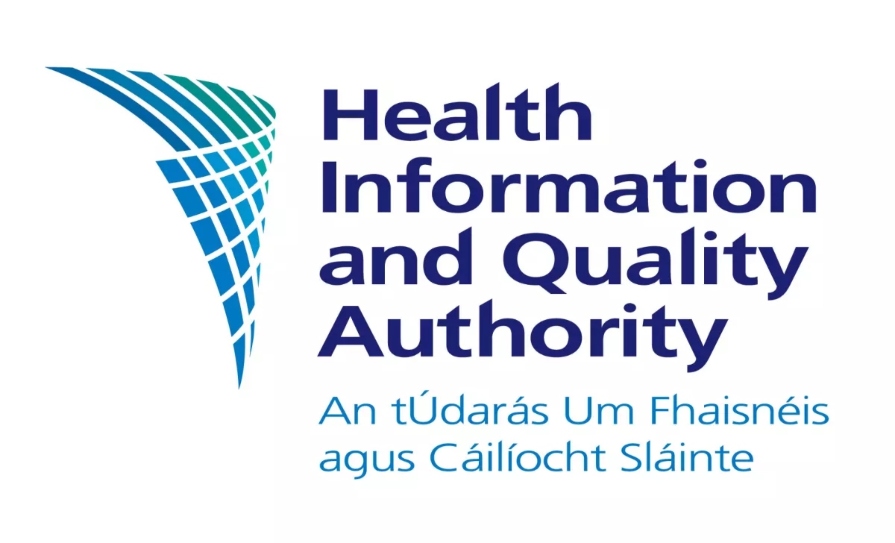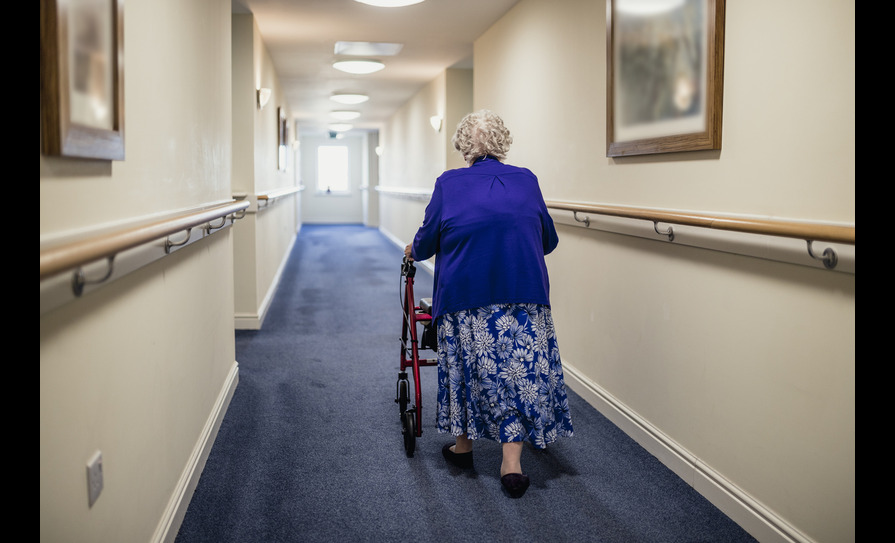The Health Information and Quality Authority (HIQA) is set to explore the potential of an alternative to the 112/999 national emergency phone line.
The Authority has published the terms of reference for a health technology assessment (HTA) of an alternative to the phone line.
This alternative phone service has been proposed to address acute, non-urgent medical care needs of the public.
HIQA is undertaking this HTA at the request of the HSE.
According to today’s statement from HIQA, currently when primary care services and local injury units cannot be readily accessed, people with acute, non-urgent care needs who are unwilling or unable to wait either go to a hospital emergency department or call 112 or 999.
This has contributed to an increased burden on emergency services and departments.
There may also be people who require care in the emergency department, but who defer attending as they do not think this level of care is necessary, or because they expect long waiting times. A national phone service is intended to support the timely provision of care in the most appropriate setting.
Dr Conor Teljeur, HIQA’s chief scientist, said: “Acute, non-urgent care needs for an injury or illness can be difficult to distinguish from urgent conditions for someone requiring care. There may be overlap in terms of the symptoms experienced, and the perceived urgency for each person.”
Telephone advice and or triage healthcare services with varying degrees of health service integration have been implemented in several countries, including the UK, Denmark, Sweden, Australia, and Canada.
Dr Teljeur continued: “In many instances, there may be a number of services that could provide appropriate care rather than hospital emergency departments or an emergency ambulance.”
“An alternative telephone service would enable people to speak with a trained operator who would triage the caller and provide self-care advice or direct them to the appropriate healthcare services. Our assessment will look at the implications for service users and the healthcare system of introducing such an alternative phone line.”












Leave a Reply
You must be logged in to post a comment.